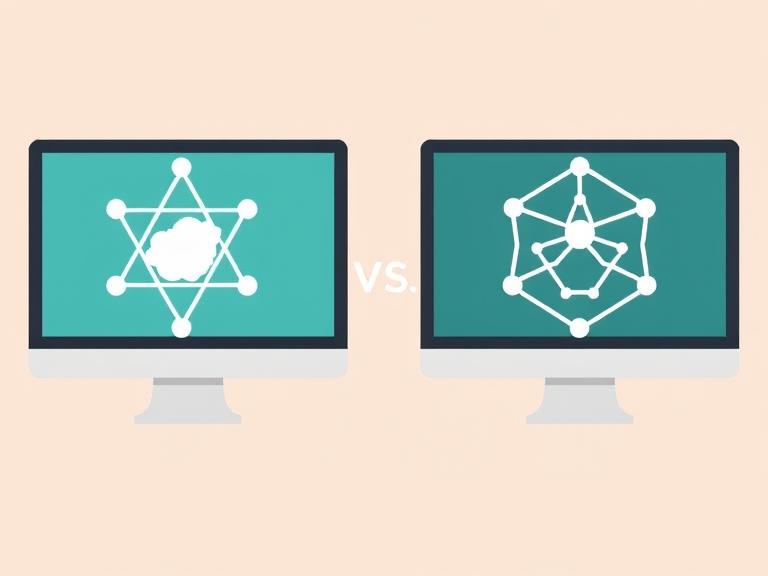GraphQL and REST are two popular paradigms for building APIs, each with its own strengths and use cases.
REST (Representational State Transfer):
- Uses standard HTTP methods: GET, POST, PUT, DELETE.
- Resource-based architecture (e.g.,
/users/1/posts). - Multiple endpoints required for complex data queries.
Pros:
- Simple and widely understood.
- Caching is straightforward (via HTTP).
- Mature ecosystem.
Cons:
- Over-fetching or under-fetching data.
- Changes in front-end needs may require new endpoints.
GraphQL:
- Query language developed by Facebook.
- Clients request exactly the data they need in a single call.
- Uses a single
/graphqlendpoint.
Pros:
- Flexible and efficient data retrieval.
- Ideal for complex, nested data (e.g., social graphs).
- Strongly typed schema enables introspection and documentation.
Cons:
- More complex to set up.
- Caching and error handling require custom strategies.
- Not suitable for all use cases (e.g., file uploads).
Use GraphQL when front-end flexibility is crucial or data relationships are complex. Use REST when simplicity, scalability, and widespread tooling are more important.


Leave a Reply